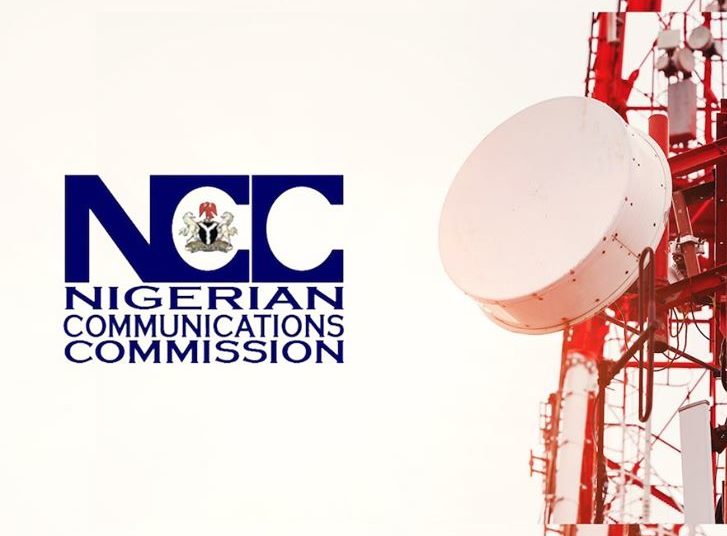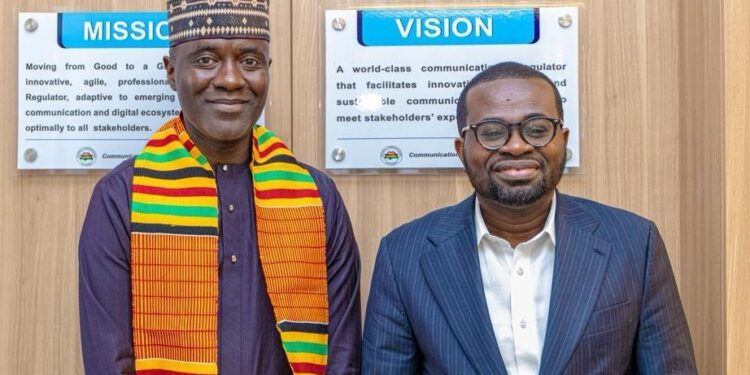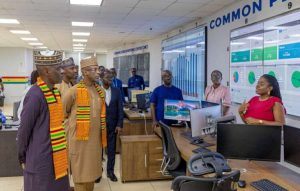Cristiano Ronaldo, even at age 40, continues to dominate—not just on the pitch but in the business of sports. For the third consecutive year and fifth time in his career, the Portuguese legend has claimed the No. 1 spot on Forbes’ 2025 list of the world’s highest-paid athletes, raking in a jaw-dropping $275 million over the past 12 months.
Ronaldo’s financial success is largely fueled by his record-breaking contract with Al-Nassr FC in Saudi Arabia, along with endorsement deals, his CR7 brand empire, and unmatched social media influence. His dominance in both sport and branding proves that even in the later stages of his career, he remains the most marketable athlete on the planet.
Top 10 Highest-Earning Athletes in 2025
Collectively, the top 10 athletes earned $1.38 billion before taxes and agent fees, nearly matching the all-time record set in 2023. This year’s rankings span football, basketball, baseball, boxing, and American football, reflecting the global spread of sports money and influence.
Here’s a breakdown of the 2025 top earners:
10. Kevin Durant – $101.4M (Basketball)
The NBA star continues to grow his brand through investments in tech, media (Boardroom and 35V), and a long-term partnership with Nike.
9. Shohei Ohtani – $102.5M (Baseball)
The Japanese phenom’s deferred $700M contract with the LA Dodgers is historic, but it’s his $50M+ endorsement income that sets a new benchmark in MLB.
8. Karim Benzema – $104M (Football)
Despite injury setbacks, Benzema’s Saudi deal and global recognition keep him among the world’s top earners.
7. Juan Soto – $114M (Baseball)
Soto’s Yankees move made headlines and history, reflecting MLB’s shift toward a younger, more diverse future.
6. LeBron James – $133.8M (Basketball)
At 40, LeBron is now a full-fledged mogul, earning primarily through business ventures like SpringHill Company, Blaze Pizza, and major endorsements.
5. Lionel Messi – $135M (Football)
Messi’s Inter Miami contract includes profit-sharing with Apple, Adidas, and MLS, redefining athlete equity in sports deals.
4. Dak Prescott – $137M (American Football)
The Cowboys QB continues to cash in big on and off the field, leading NFL earners in 2025.
3. Tyson Fury – $146M (Boxing)
Fury’s massive Pay-Per-View deals and Netflix reality show prove boxing can still create megastars—and millionaires.
2. Stephen Curry – $156M (Basketball)
With a lifetime Under Armour deal, rising investments, and Curry Brand growth, Steph is building a billion-dollar post-basketball future.
1. Cristiano Ronaldo – $275M (Football)
-
$200M from Al-Nassr salary
-
$75M from endorsements, CR7 brand, and social media empire
Ronaldo remains football’s ultimate global icon, influencing the Saudi Pro League’s talent boom and rewriting the business of sports.
The Bigger Picture: Athletes as Global Enterprises
The 2025 list underscores a growing trend—athletes are no longer just performers, they’re entrepreneurs, brand builders, and cultural powerhouses. With massive social media audiences, savvy business moves, and rising equity-based deals, sports stars are now competing in boardrooms as much as they are on fields, courts, and rings.






















